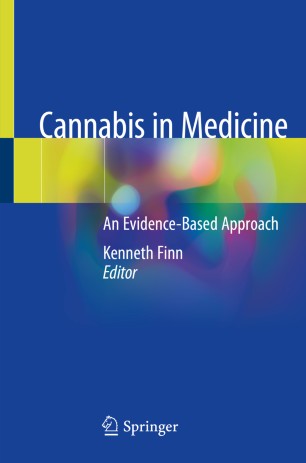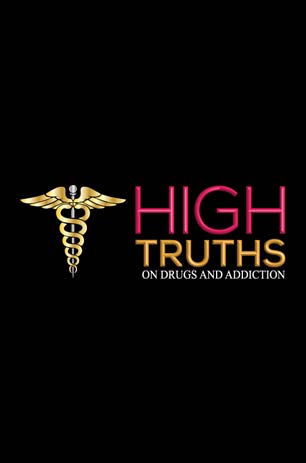Cannabis legalization and cannabis-involved pregnancy hospitalizations in Colorado
The primary objective of this study was to evaluate the association between presence of recreational cannabis dispensaries and prevalence of cannabis-involved pregnancy hospitalizations in Colorado. This was a retrospective cohort study of pregnancy-related hospitalizations co-coded with cannabis diagnosis codes in the Colorado Hospital Association from January 1, 2011, through December 31, 2018 (recreational cannabis began


